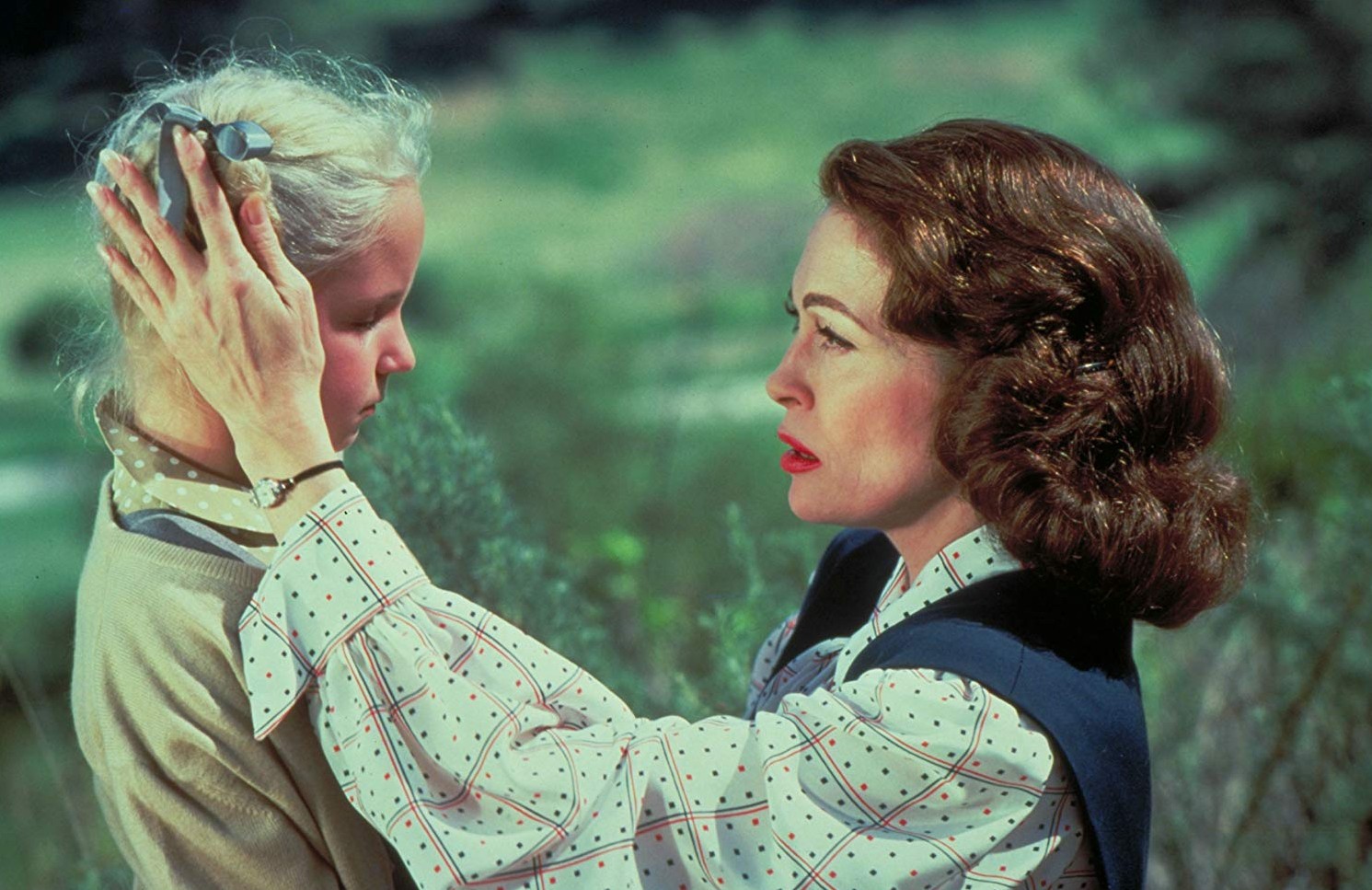When most people think of the word "mother", they think of a self-sacrificing woman who has unconditional love for her children and a woman who will do everything in her power to lead her offspring on the right path, and in doing so she will have to give up everything and to everything. But not all mothers are like that. Do you know what a toxic mom is like?
As long as we believe in universal motherly love—a myth that our culture actively supports—we will fail to see the true power our parents have over us. We like to think of mothers as women who protect us, as beautiful and self-sacrificing women, but is that always the case?
Parents not only create the world around their child, but also they dictate how the child will observe this world. As children, we "understand" what is happening in our family, what is said and why, but not always because that is the case in reality, but because our mothers have served us an explanation that they think is for us. suitable. So it's no wonder that many children grow up believing that it is any behavior he sees in the family, whether toxic, destructive or violent, normal. As children, we believe that all families are similar to ours, and the realization that other families can be very different comes only later.
We apologize to the mothers who shouted at us, beat us - we weren't diligent, we didn't listen to them. We believe that our brothers and sisters are treated differently because they are good, worthy of love and admiration, but we are not. We are "hardworking, lazy, dishonest, stupid" because our mother told us so. And we grow up with this belief.

Such women destroy the lives and psyche of their children...
1. Embracing feelings of guilt and shame
Such behavior begins with the words "You always..." or "You never..." and is deeply etched in the child's consciousness. In the child's head, this becomes a personal criticism, a voice that constantly repeats, blames and finds fault, while praise is avoided.
2. The role of the victim
Many mothers play the victim, but the children do not even realize it. The toxic mother constantly reminds the child how ungrateful he is, and the sentence usually ends with the words "after everything I've done for you". Such behavior lives in the child and when the child grows up, the mother continues her toxic role, especially if the child now understands what she is actually doing and tries to limit contact with the mother.
3. The crush game
Favoring one child is not a rare phenomenon. But when a mother is wonderful with one child and toxic with the other - she humiliates him, constantly compares him to a "good" child, emphasizing how bad he is - psychological problems are almost guaranteed. Psychologists say that toxic mothers behave this way because they are controlling their children, so that the relationship between sisters and brothers will be formed in the way they want, and that the children will always have a need for her support and praise.
4. Passive aggression
The mother can express passive aggression towards the child indirectly, for example by scolding the father when the child is present. A child's development is directly related to how parents treat each other and how they treat members of the immediate or extended family, so parents play a big role in what these children will be like as adults. If a child witnesses cruelty, verbal anger, punishment with silence, there are high chances that the child will develop similar behavioral disorders between the ages of 8 and 10 on average.

5. Psychological manipulation
This term is usually associated with adults, but unfortunately, it can also be used when raising children. Manipulating a child is easy because parents are the undisputed authority, which means children believe everything their parents say. Parents usually do not realize how traumatic manipulation can be for children, because childhood is a period when it is important to learn to believe in one's own thoughts and feelings and to build the ability to understand other people.
6. Humiliation and ridicule
Mothers with a strong need for control or with narcissistic traits are often inclined to mock their children's feelings or thoughts. Children are mocked and humiliated with words, gestures and imitations, which is why they kill their self-confidence and self-esteem already in childhood.
7. The sacrificial lamb
With toxic mothers, there is usually one child who is blamed for everything and punished for everything, whether it is their fault or not. Such children begin to believe that they are superfluous wherever they appear, which makes it easier for them to succumb to psychoactive substances, alcohol and other destructive behavior during adolescence.
8. Silence as the worst punishment
When a person does not talk to us or does not answer our question, it is an expression of contempt. Even adults see this as very painful and humiliating, but when it comes to children, this kind of behavior can destroy them, especially if it comes from their parents.






